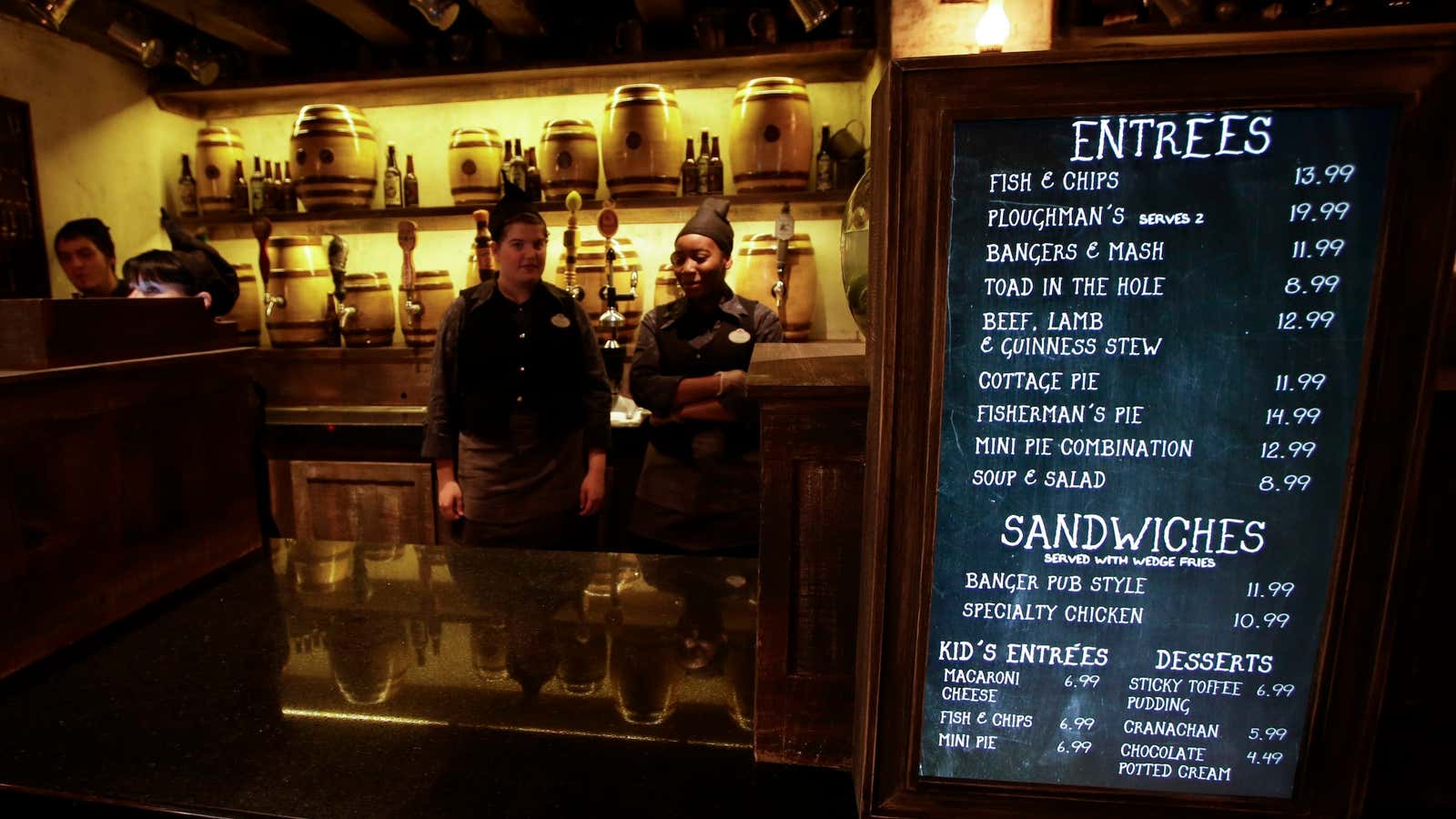Zomato, the India-born restaurant discovery service with an appetite for global expansion, has made its first acquisition in New Zealand. It has bought that country’s leading restaurant listing and review portal MenuMania for an undisclosed sum in an all-cash deal.
Zomato launched in New Zealand a year ago, but the service didn’t catch on as quickly as the company had hoped. Besides, MenuMania’s domination of the saturated New Zealand market was so strong that Zomato was going to have to spend time and money to claw marketshare. ”So we decided to grow inorganically. Now New Zealand as a market has been solved for us,” says Zomato CEO Deepinder Goyal.
And so Zomato is now the rare consumer-facing Indian internet company that has bought a rival in an overseas market.
Its expansion plan is lofty: enter 22 new markets in two years and consolidate the 12 they currently operate in. Zomato says it will now follow the acquisition route in a few other markets as well. Goyal said Zomato is in advanced talks with two other companies—one in Southeast Asia and another in Europe—for acquisitions.
“We have now tasted our first instance of inorganic growth. But in New Zealand we were already present. Now we are trying to use such acquisitions as a way to enter new markets where we have no presence,” Goyal says. Of the 22 new markets Zomato needs to enter in two years—Goyal reckons the company will realistically do 16—there are potential acquisitions in five markets, he added.
Apart from the two deals that are 45-60 days from closing, the company is also considering another, relatively bigger one in Southeast Asia, Goyal said. He wouldn’t elaborate. The upcoming deals will all involve a mix of cash and equity, he said, which means the team of the acquired company will stay on and run the business.
In some markets, where there are multiple small players and none are dominant, the company will do some “team acquisitions”, Goyal said.
Zomato can afford to go shopping. In October 2013, it raised $37 million from Sequoia Capital and Info Edge Ltd, at a valuation of $161 million. The money was meant for global expansion. In terms of the global footprint, Zomato now only lags Yelp in size and it will eventually come to a showdown between the two. In fact, Zomato is launching in Canada next and that will be the first time the two players will lock horns in a market where Yelp is dominating.
In an interview with Quartz, Christian Rosescu, the founder of MenuMania, says he is excited about the acquisition and he is impressed with Zomato’s mobile app experience. ”That is an area where we lagged,” he says. Rosescu started MenuMania eight years ago. The company employs four people, including his wife.
Localization challenge
Zomato plans to eventually migrate the content from the acquired companies into the Zomato platform and redirect traffic from their urls. But it is an area where the company needs to tread cautiously. MenuMania for instance, offers a specific user experience that has become a habit among its New Zealand users. If they are migrated one fine morning to Zomato, an alien experience, they might lose users altogether.
Goyal pledges the company will migrate in a measured fashion, and will in fact integrate good habit-forming components of the acquired sites into Zomato. MenuMania, for instance, has a map-based search feature that will now be used on Zomato everywhere.
But some users will go away regardless. “We are prepared to lose up to 20% of existing users (of the acquired site). Anything more and we’ll have to be careful,” Goyal said.
This means that eventually, Zomato will look different in different markets, depending on the experience favoured by local users. Goyal said the company is already doing that.
“We used to think that localization just meant the local language. About six months ago, we figured that we have to localize the product and the content,” he says. “So we made some changes accordingly and we are seeing very good results.”
